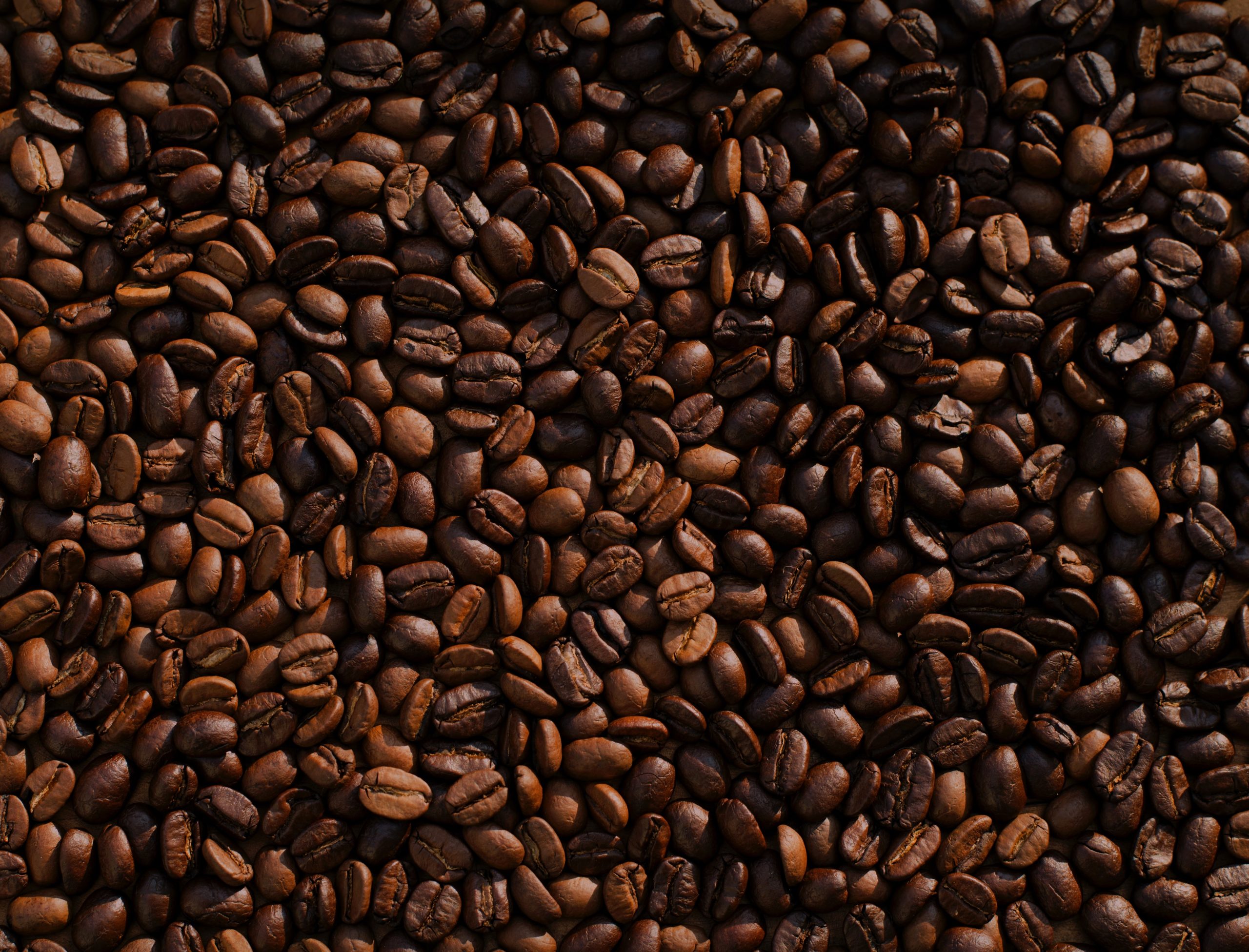There are so many nuances in sports, without knowing them you won’t get an effective workout – you won’t get the results you want and you could also harm your body. Let’s take a look at the most popular myths and misconceptions in this article. Read 15 myths about sports below
When it comes to exercising, for some reason many people believe that the record is what counts. The faster, higher, stronger you are, the better the result will be. But there are so many nuances in sports, without knowing which it’s pointless to start training – you won’t get an effect and you might harm your body. Let’s look at the most popular myths and misconceptions.
1. Starvation is always bad for the body
It is believed that skipping meals and even whole days is very harmful – after a brief hunger, the body may start to put on weight. But recent studies show that short-term hunger is not harmful – on the contrary, it can boost your metabolism by up to 10 per cent.
2. Don’t skip a workout because you’ll miss out
If you have to skip a workout because of your busy schedule, people usually worry that you’ll regress. But this fear is not justified. According to studies, results only disappear if you stop exercising altogether after regular training. Up to 70% of the effect achieved disappears over time. If, on the other hand, you reduce your training to one session per week, 2-3 times a week, it is enough to keep you in shape.
3. exercise is more important than good nutrition
Training alone is difficult to get your body in shape. If you eat too much and don’t think about your goals, you won’t achieve any visible results. The diet has a direct effect on the body. To lose weight, you need to reduce daily calories to gain muscle mass, on the contrary – to increase. In addition to calories, the amount of proteins, fats and carbohydrates is important and will vary with different goals. Therefore, a balanced menu of the right foods should appear in your life at the same time as exercising.
4. Exercise makes you deserve a sweet
Based on the previous myth, many people believe that you can compensate for the damage caused by fatty and sugary foods with an exhausting workout. Yes, an hour of vigorous exercise can really burn calories from a donut. But such products are harmful for the organism and do not contain any useful substances. But training all the time for the sake of such a reward is dubious pleasure. It’s better to get into the habit of always eating right. Sometimes you can allow yourself junk food, but you should reward yourself with something else for your success in sports.
5. Stretching is compulsory before weight training.
Until recently, fitness trainers used to advise you to stretch before you hit the weights. Some still hold this view, even though it’s proven to be wrong. Even 30 seconds of static stretching will reduce your strength, which is bad for the outcome of weight training.
6. Daily exercise is the most effective
It is a common belief that the more you work out, the better your results will be. Many people exhaust themselves by training every day, but do not see stunning results. Why? Numerous studies show that if you design a good workout program, stick to your workout techniques and pay attention to all muscles, it does not matter if it is 1, 2 or 3 workouts per week – the effect will be just the same. Therefore, there is no point in exercising every day, at least not in the same sport.
7. The abs are only formed in the gym
The abs are created in the kitchen. What does it mean? You can’t see abs if there’s a certain amount of fat on them. So, no matter how much you pump your abdominal muscles, the desired relief will only appear when you lose the extra weight. As you have probably heard, fat is lost evenly and it is not possible to lose weight in only one area of the body. Therefore it is necessary to combine training with a proper diet.
8. Not Everyone Can Sharpen Their Abs
It is absurd to think that not everyone can pump up a particular muscle. After all, everyone’s body structure is the same. Yes, some people may need more time and effort, some people need to watch their food more carefully. But in the end everyone can have a toned body with well-defined muscles.
9. You don’t have to pump your abs at all.
Abdominal muscles are known to be under pressure in many exercises. So we can assume that the abs do not need special attention. However, to get a really good result, you still need to do exercises on the abs. Not too often, 2-3 workouts per week of a couple of exercises and 3 sets are enough. But you have to do them regularly. And, of course, do not forget about nutrition.
10. Losing weight = losing fat
When it comes to weight loss, the first thought that comes to mind is excess body fat, which should melt away with an intense workout. They do, but if you find that you’ve lost a pound or two, it’s not just melted fat. It could be a loss of fluid, muscle mass. Even the hair on our heads has weight, so its loss affects the number on the scale. When losing weight, it is important that it is the fat that disappears, and for this you need to eat a proper and balanced diet.
11. Water and weight loss are not connected.
Few people seriously consider the importance of water when they start exercising. Not that drinking pure water regularly would make the pounds melt away before your eyes, otherwise not many people would be overweight. But it’s not possible to lose weight without it either. Firstly, if you replace all sugary drinks, tea, coffee and other drinks with plain water, the daily number of calories will immediately decrease, which cannot but affect weight loss. Secondly, a glass of water before dinner reduces appetite, this is a fact. Thirdly, water speeds up the metabolism. It is proven that as little as half a litre of water may improve metabolism by up to 30%, which means that an extra 100 calories will be lost. In addition, drinking a small amount of water during exercise helps you work out more energetically.
12. fast weight loss is always a good thing
Unfortunately, fat is slower to lose than muscle mass. So a very rapid weight loss is more likely to be a decrease in weight than a decrease in body fat. Only people who are very overweight are allowed to lose up to 1.5 kilos per week. The average person should not lose more than 1 kilogram per 7 days if they want to achieve visible, long-lasting results in the form of a trim, strong body.
13. Getting in shape is difficult and costly
Those who are not sufficiently motivated or lazy often look for excuses that sports are hard, proper nutrition is tasteless and expensive and a healthy lifestyle in general is very boring. People feel that they have to sacrifice all their free time and energy to achieve the results they want, and they are not ready to even start. It is important to understand that sport is in any case an activity that requires some effort and time. But there are so many different sporting activities in which you can try your hand, so many opportunities to exercise anytime and anywhere, so many tasty, healthy and inexpensive meals that everyone can pick the perfect weight loss regimen for themselves. And best of all, all the effort will pay off a hundredfold when you achieve the shape you want and feel proud of yourself.
14. No need to rest.
It’s not a good idea to exhaust yourself by working out all the time without resting for a single day in between. It is a mistake to think that your progress will only increase. On the contrary, the body needs to regenerate to get in shape. Muscle fibres that are torn during strength training need to rest and get stronger. Glycogen reserves have to be replenished so that muscles have energy for new exercises. And you yourself must recover psychologically, rest, reload. For your body to adapt to new loads, you need to give it time to rest, so it’s desirable to train every other day.
15. You won’t build muscle mass after 50
As you get older, your muscle mass gets smaller and your body gets smaller and less strong. But contrary to popular belief, it’s possible to build up your muscles after 50 and even at a more mature age. When calculating the workout it is important to take into account the specifics of your age group and the fact that the body needs a lot more time to recover than, for example, at 20.
Being in great shape is not difficult if you have a strong motivation and are fully aware of all your actions. So don’t blindly believe in such misconceptions, always think critically and try to learn as many different facts as possible. What other myths about sports do you know? Share them in the comments!






